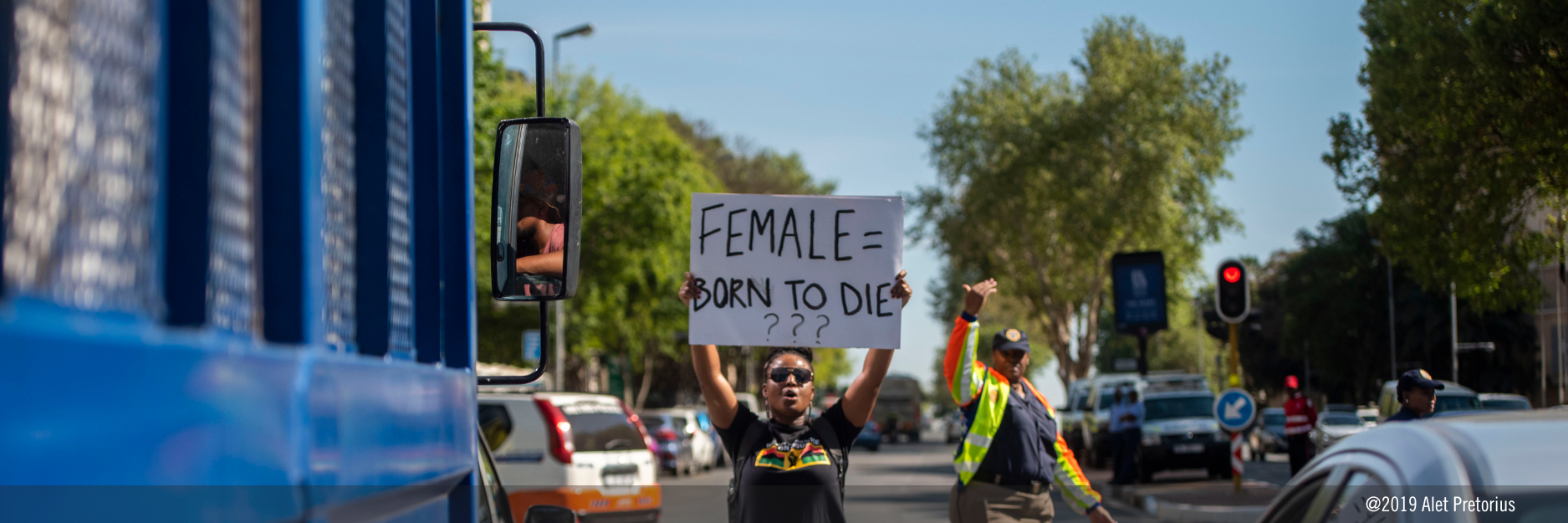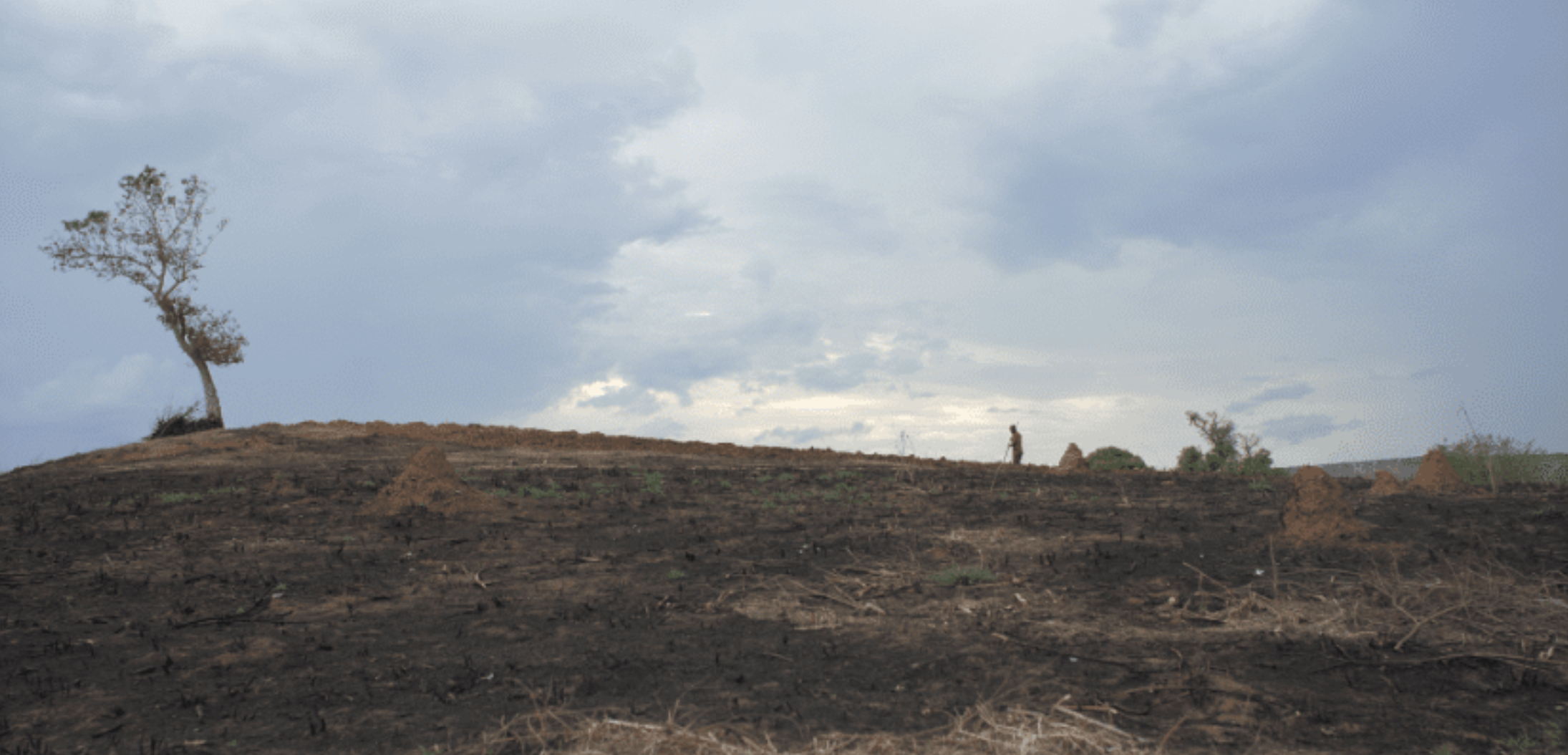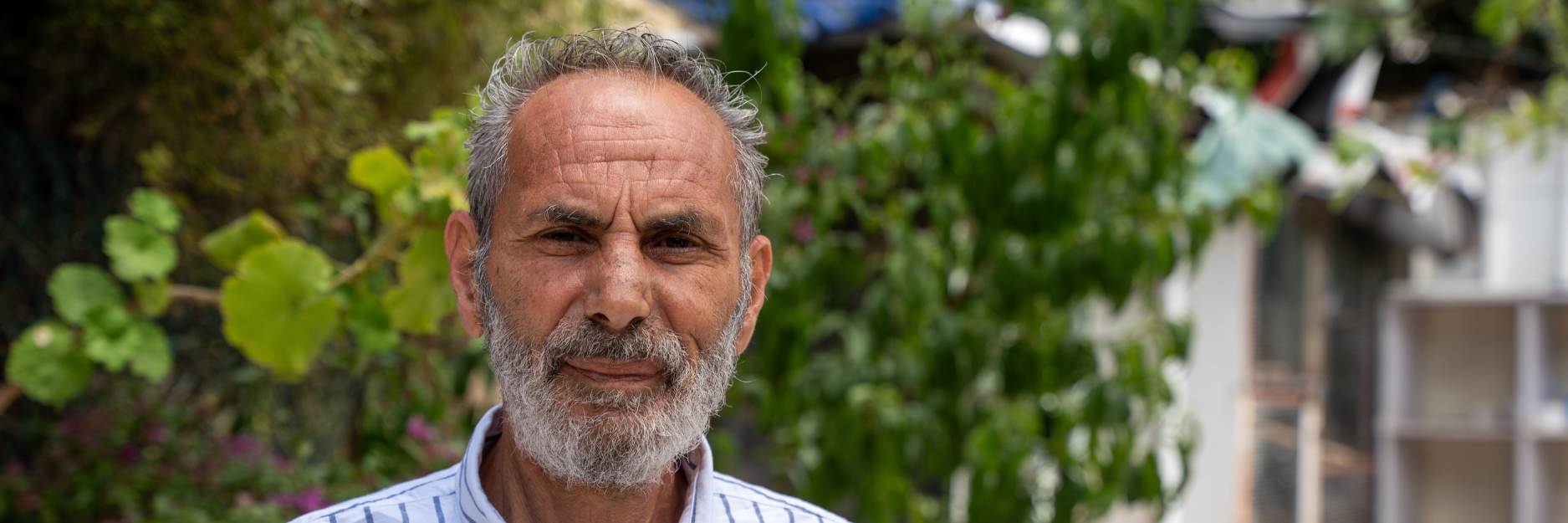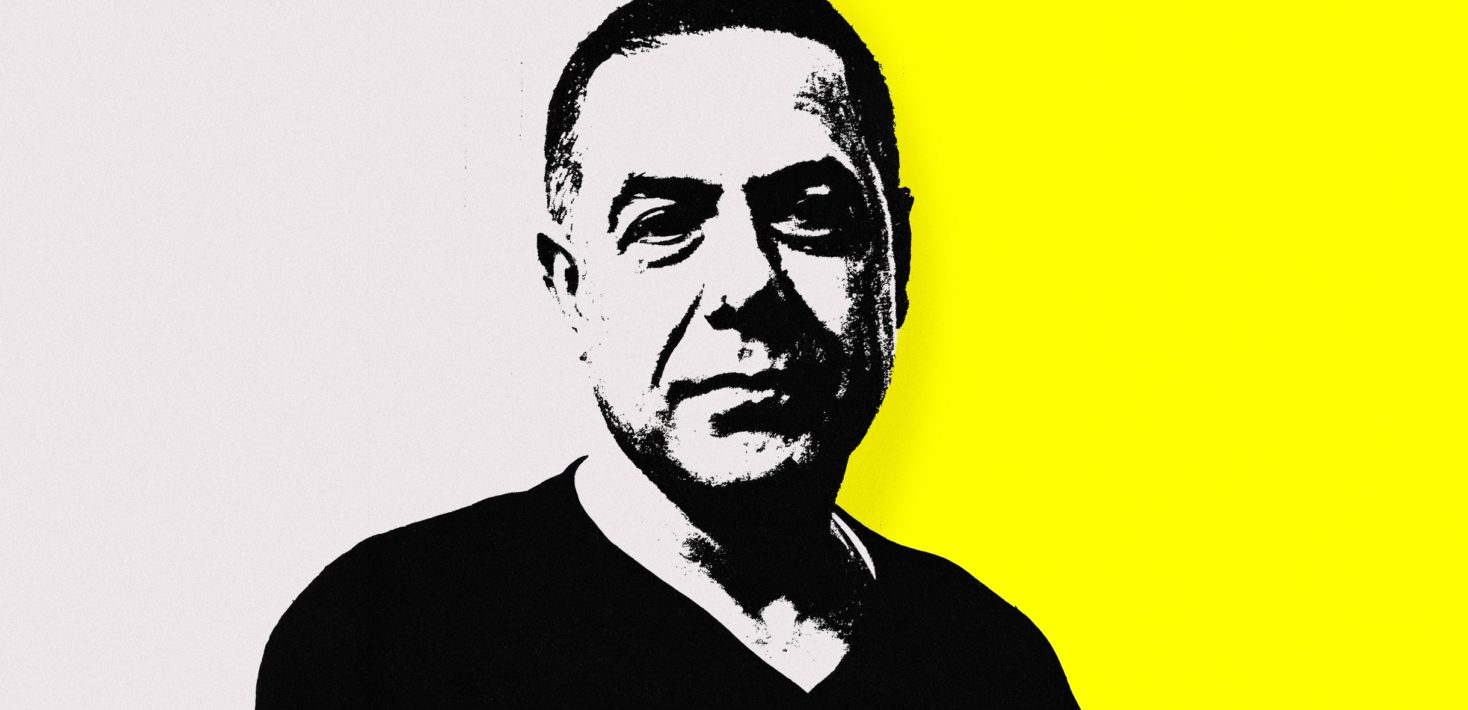Child and teenage pregnancy in South Africa is a crisis.
In South Africa, between April 2017 and September 2021, the number of births to child and adolescent girls between 10 and 14 years of age increased by 48.7%.
On 2 January 2024, the Health Minister announced that at least 190 teenage girls had given birth on New Year’s Day compared to over 145 recorded births to teenagers on Christmas Day 2023. The youngest mothers were 14-year-olds from KwaZulu-Natal and the Eastern Cape.
The increase in child and teenage pregnancy is a cause for concern. Most of these girls are forced to drop out of school or fall behind with their schoolwork. They can then become trapped in a cycle of poverty, leaving them dependent on public assistance, suffering the stigma of being pregnant and giving birth at a young age, or being forced into early marriages.
This is an issue that needs to be addressed by society and the government, but ultimately the state has a responsibility to create an enabling environment for every person to make autonomous and informed decisions.
Amnesty International South Africa, in collaboration with Joe Public and supported by Children of Success and Women & Men Against Child Abuse, presents a powerful Spotify playlist featuring poems from three girls who openly share their personal experiences with child and teenage pregnancy.
Click on the Spotify code images below to listen. Please note names have been changed for privacy reasons.
Content Warning: Some of the stories in this playlist contain themes of sexual violence.
add your voice: send an email to the president
Write a letter to and call on President Cyril Ramaphosa to ensure the government works together in addressing the high levels of child and teenage pregnancy in South Africa. Your voice, combined with others who feel the same, is a cry impossible to ignore.
Now is your opportunity to make a difference.
the facts
TAKE ACTION
In SA between April 2017 and Sept 2021, the number of births to young and adolescent girls between 10 and 14 years increased by 48.7 per cent. @GovernmentZA early pregnancy needs more attention to ensure every girl-child has a chance at a bright future. #RealMaternityIssue
main drivers
In South Africa, child and teenage pregnancy is a multifaceted problem. Below are some of the contributing factors to the problem:
Lack of information on sexual and reproductive health rights
A 2012 study found that of the 19% of surveyed respondents who had fallen pregnant as adolescents, 55.5% reported falling pregnant the first time because they did not understand the risks involved in what they were doing or did not understand how pregnancy happens.
There need to be effective, age-appropriate and good quality comprehensive sexuality education and life skills programmes delivered by well-trained teachers. Research shows that improved knowledge of HIV and pregnancy prevention decreases risk-taking, and improves attitudes toward condom use.
The state needs to develop and disseminate guidelines for health care providers on the delivery of youth-friendly health services. These should clearly advise how to assess adolescents’ ability and maturity to understand medical information and take health-related decisions. The guidelines must ensure health services and information are provided in a youth-friendly and age-appropriate manner, which respects adolescents’ rights to informed consent, privacy, and confidentiality.
Sexual and reproductive health rights mean you should be able to make your own decisions about your body and:
- Get accurate information about these issues
- Be able to access sexual and reproductive health services including contraception and abortion
- Decide if you want to have children and how many
- Choose if, when, and who to marry
To change this, the government must undertake public information and education campaigns that:
- Transform negative cultural views of adolescents’ access to contraception and other taboos regarding adolescent sexuality, including harmful gender stereotypes;
- Promote gender equality and sexual diversity;
- Raise awareness among different stakeholders about adolescents’ sexual and reproductive rights. These include the right to access sexual and reproductive health information and services, such as all modern contraceptive methods, including emergency contraception, without parental consent and in line with their evolving capacities; and
- Include accurate, evidence-based and comprehensive information about modern contraceptive methods and how they work, including emergency contraception, with a view to correcting commonly-held misconceptions and empowering children and adolescents to make informed decisions.
take action
In 2020, there were 3,598 births to children aged 10-14 years. Sexual intercourse with a child below 12 is rape, they can’t consent. @GovernmentZA gender-based violence must be tackled as one of the root causes of early pregnancy. #SignTheScar
Gender-based violence
Gender-based violence (GBV) is another contributing factor to child and teenage pregnancies. In a 2016 study, approximately one in three children reported experiencing sexual abuse.
According to South African law, children below the age of 12 do not have the capacity to consent to sexual activity. Sexual intercourse with a child below the age of 12 is always considered rape. Even if the child says “yes”, they are unable to give consent at that age. Consensual sexual intercourse may occur between two children who are at least 12-years-old and under the age of 16. Sixteen to 18-year-olds may only have consensual sex with persons no more than two years younger than them. This means that even though a child between the ages of 12 and 16 can consent, if there is more than a two-year age difference, and one is over 16, the latter will be guilty of statutory rape.
In an event where the pregnancy occurs as a result of rape and statutory rape, cases must be reported to the South African Police Service (SAPS). The criminal justice system, including the SAPS and the National Prosecuting Authority, must respond in a timeous, efficient and effective manner to these cases.
Poverty, lack of education and employment opportunities
Child and teenage pregnancy is more likely to occur in low socio-economic communities, where the pregnancies are partly driven by poverty, lack of adequate education and employment opportunities.
To change this, the government must:
- Ensure quality basic education for all children; and
- Take necessary and progressive steps towards poverty alleviation, strengthening the economy and creating enough jobs for all.
take action
.@GovernmentZA must ensure that all girls can access safe, effective, affordable and acceptable methods of family planning & contraceptives that can be independently & confidentially accessed. This must be part of services everywhere. #SignTheScar








